
Information on Vitamins
Eyes require plenty of vitamins so that they could functionproperly and stay healthy for prolonged periods of time. Vitamins are normallyincluded in any well balanced diet and if a person suffers from a vitamindeficiency it may lead to severe medical conditions. Vitamin A deficiency maylead to keratomalacia and night blindness.
Vitamins should also be accompaniedwith numerous different types of antioxidant substances and essential minerals.If a person eats a diet which does not provide sufficient amount of certainvitamins and still suffers from vitamin deficiency, it may be a good idea toconsider taking some of the numerous vitamin supplements available on themarket.
Vitamin A
Vitamin A is the most important vitamin when it comes to theoverall health of the eyes and the proper functioning of the retina. It hasvery potent antioxidant properties and it helps the eyes during the adaptationto rapid light changes. Vitamin A deficiency may lead to night blindness,xerophthalmia, swollen eyelids, corneal ulcers and total blindness.
Vitamin Ais also very efficient in preventing and treating certain medical conditionssuch as macular degeneration and cataracts. The best food sources of vitamin Ainclude liver pate, cantaloupe, liver sausage, beef liver, paprika, chickenliver, watercress, carrot, mango, sweet potato, apricot, kale, spinach,butternut squash, pasteurized fresh creams, sweet red pepper and faggots.
Vitamin C
Vitamin C is also known for its powerful antioxidantproperties and it is easily soluble in the water. It is efficient in preventingmacular degeneration, reducing the intraocular pressure, preventing glaucomaand promoting the health of the retinal capillaries.
The best food sources ofvitamin C include peppers, potatoes, rose hip extracts, green cabbage,raspberry, tomato, lychees, cauliflower, black currant, gourd, guava, curlykale, orange, broccoli, lemon, Brussels sprouts, strawberry, spring greens,mango and peach.
Vitamin E
Vitamin E is fat soluble and it is also an antioxidant,which makes it very efficient from protecting the eyes from the damage caused byfree radicals, improving visual clarity and preventing macular degeneration.
The best sources of vitamin E include sunflower seeds, avocado, unblancheddried almond, walnuts, unblanched dried hazelnuts, sweet potato, peanuts, brazilnuts, cottonseed oil, peanut oil, wheat germ, soy bean oil, rapeseed oil,mayonnaise and cod liver oil. There are also other substances which can be ofgreat help when it comes to the overall health of the eyes and those mayinclude beta-carotene, zeaxanthin, selenium, lutein, zinc and chromium.


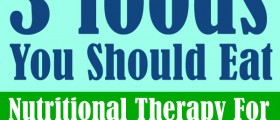




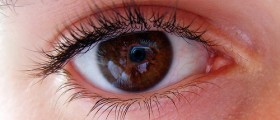
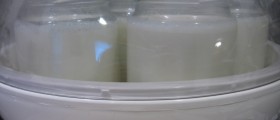
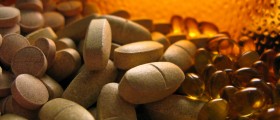

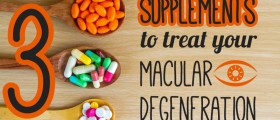
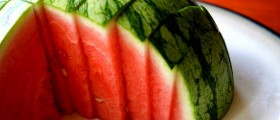




Your thoughts on this
Loading...